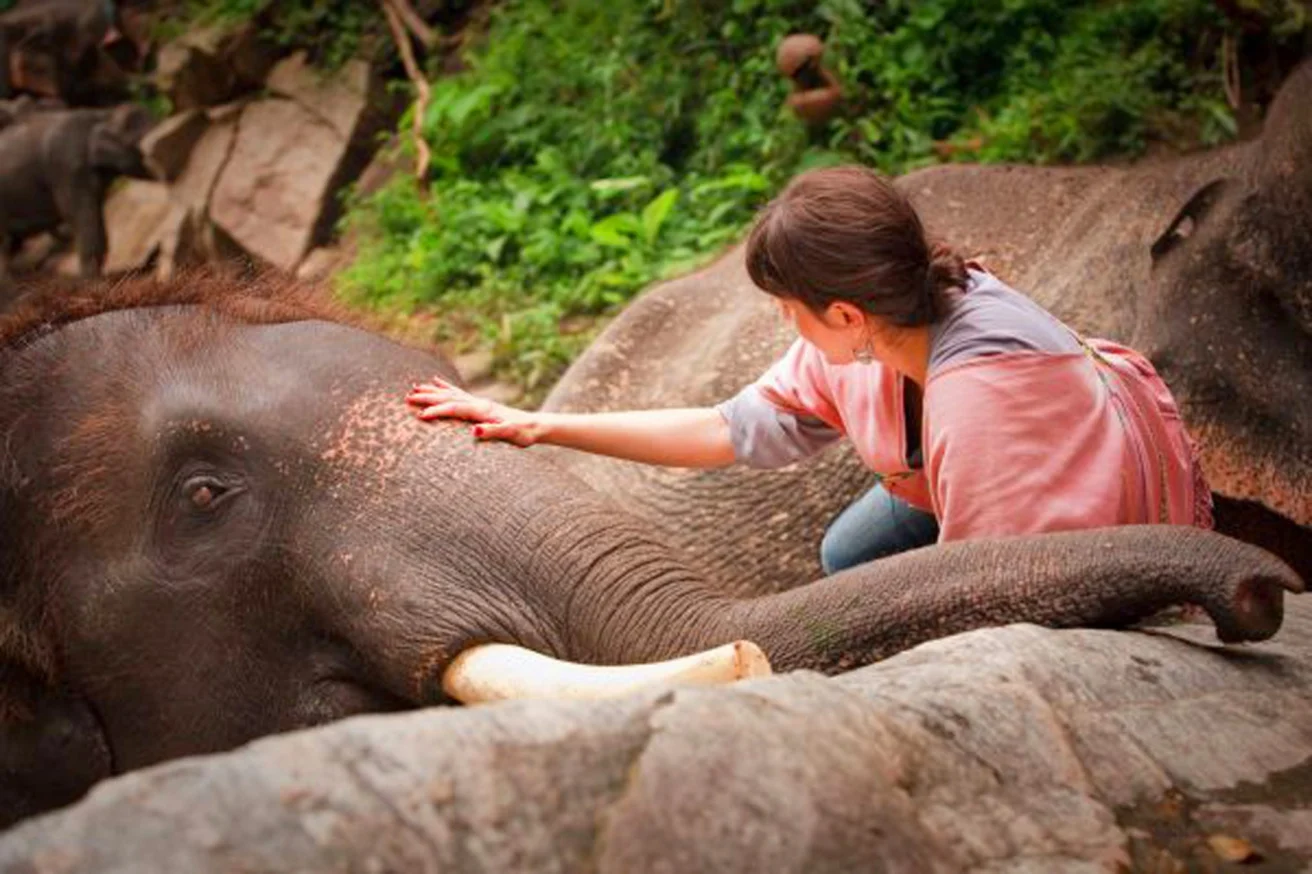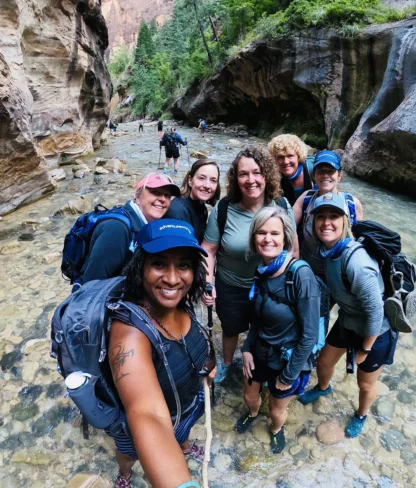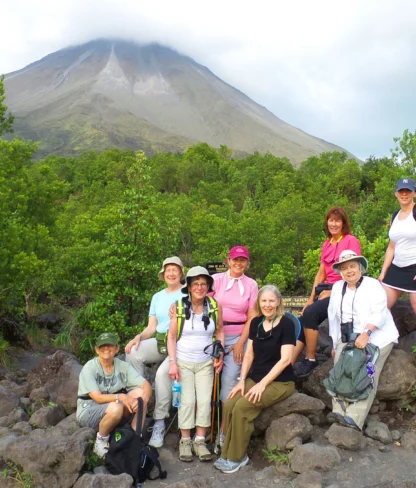The Link Between Gratitude and Happiness: 2015 Tips for All AdventureWomen

As we move into a new year at AdventureWomen in 2015, we have time to reflect on all the places, people and new experiences which touched our lives in 2014. Every year, we are so grateful for all of them and especially for the enlightenment which comes from pushing into new territory and discovering new capabilities in ourselves.
Being grateful, it turns out, is a major driver of happiness. Higher levels of happiness and life satisfaction have long been linked to improved mental and physical health, greater relationship satisfaction and greater longevity. But only recently have we discovered that you can actively improve your level of happiness through changing your own behavior by more frequently and demonstrably expressing gratitude.
Rick Hanson, author of “Hardwiring Happiness: The New Brain Science of Contentment, Calm and Confidence” notes that since our brains tend to naturally focus and remember negative experiences more than positive ones (what’s going wrong instead of right), we need to make an active effort to recognize, reward and record positive events in our lives, however small and however fleeting.
Here are some practical tips for “practicing gratitude” in 2015:
- Writing down your positive experiences (such as keeping a gratitude journal or writing a gratitude letter) is one way of doing this and also helps us set more positive goals for the future.
- Regularly expressing gratitude to others also increases optimism, long associated with higher levels of happiness.
- Gratitude is key in romantic relationships as well as thanking our spouses and partners increases our mutual sense of connectedness and relationship satisfaction (Algoe et al, University of North Carolina, 2010 and 2012) and strong relationships are an essential source of happiness.
- Even using social media to express gratitude has been shown to increase happiness as these types of posts get shared more by others.
- And finally, two experimental studies conducted by Yuna Ferguson and Kennon Sheldon published in the Journal of Positive Psychology in 2013 show that even just trying to think happier thoughts actually improves overall levels of satisfaction.
Interestingly (and conversely), materialism actually appears to reduce levels of happiness because people tend to have unrealistically high expectations of how much more happy they will be after acquiring their newest “treasure” which are not born out post-purchase. There is considerable evidence, however, showing experiential purchases result in more happiness and positive emotions when compared to material purchases (Carter & Gilovich, 2010; Howell & Hill, 2009; Howell, Pchelin, & Iyer, 2012; Nicolao, Irwin, & Goodman, 2009; Van Boven, 2005; Van Boven & Gilovich, 2003). Check out more gratitude research insights by the experts at the Greater Good Gratitude Summit held in June 2014.
So the best tip for all of us AdventureWomen for the new year, BE GRATEFUL, savor those moments of good in your life – from the tiniest to the grandest! Here’s to a 2015 filled with HAPPINESS!
By Annie Ellicott




